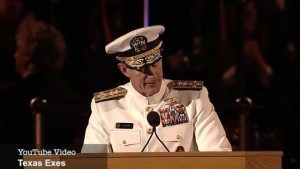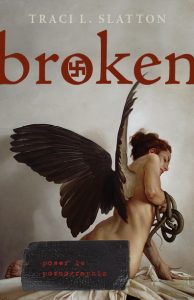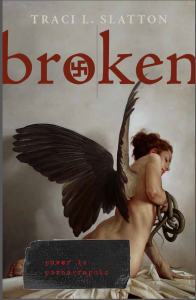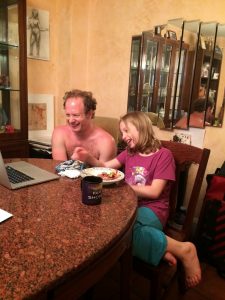There’s a chilling moment in The Talented Mr. Ripley movie when wealthy Meredith Logue says, “The truth is, if you’ve had money your entire life, even if you despise it, which we do–agreed?–you’re only truly comfortable around other people who have it and despise it.”
I thought of this quote today at lunch, but not because of wealth. It came to me in the broader sense of similarity and common elements in life, and how we feel most comfortable around people who have undergone similar life-defining experiences.
I met one of my loveliest, most precious friends at our usual spot. We shared and laughed and joked and commiserated and exclaimed on each other’s behalf, as always. Then there were things we said to each other because we could. We both had shitty childhoods and we both have heart-wrenchingly difficult grown kids and we both are exceedingly well educated and we both love BOOKS and writing. Oh, and she has Native American blood, too, same as me.
I looked across the table at her sweet, intelligent face and thought how lucky I am to have her in my life.
There are things I can only say to her, things confided in her alone of all people ever in my life, things I’ve never told husbands or shrinks or other friends. This is so because she has endured things that I have, happenings and feelings that cut deep into the innermost sanctum of the soul. So my friend gets it. She knows what it means to survive and then to heal, and then to go on and lead a rich and imperfect life brimming with love and progress and hurt and joy and tears and laughter and gratitude.
There are other friends with whom I share common bonds. I have two friends who lived military lives, and that’s a specific, defining thing, too. There’s us, and there are civilians. So it’s always a relief to be in the company of my military friends. We understand the tacit assumptions that govern life in the military and we don’t have to explain that particular ground of being to each other. We just know.
I have friends whose lives have been vastly different from mine, and I prize those friends, too. It’s fun to meet and grow close to all sorts–especially for a novelist, who is always looking for characters for her stories. One of the great privileges of being an author married to a famous artist is that we’ve sat down to dinner with billionaires and with broke XXX-movie star underwear models and with everyone in between. Artists travel freely among social castes and classes, which is delicious.
The first time I married, it was into a family whose expectations and understandings of life couldn’t have been further removed from what I grew up with. I raised my older daughters in that culture, and I did so with some success. To this day, it remains one of the sweetest victories of my life that my former Grandfather-in-law, my former mother-in-law’s father, said to me, “Thank you for raising your children Jewish, Traci. I know that wasn’t natural for you, but you’re doing it well.”
I’m paraphrasing because this conversation happened so long ago, many years ago, before this extraordinary and brilliant man died. He was someone with a fascinating life story of his own, and it thrilled me that he understood, he got it, that I had pierced the boundaries of otherness in service to his family and his grandson. I relished my conversations with him even before he thanked me, but after, I felt a special sense of gratitude toward him. He had seen me and he had acknowledged me.
The temptation is to judge Meredith Logue for her exclusivity, for only embracing other filthy rich people with her genuine, authentic self. But I think that’s too easy. We all go to that place of feeling safest and truest with folks who belong to the same ethnic group or socio-economic category or minority or whatever. We can easily get entrenched in our specifics–that’s a universal experience. It’s when we can hold both our specifics and our universals simultaneously that we transcend our limitations.
So the picture for this blogpost? My husband and daughter laughing at The Three Stooges. Larry, Moe and Curly’s humor has to be one of the most universal experiences going.









